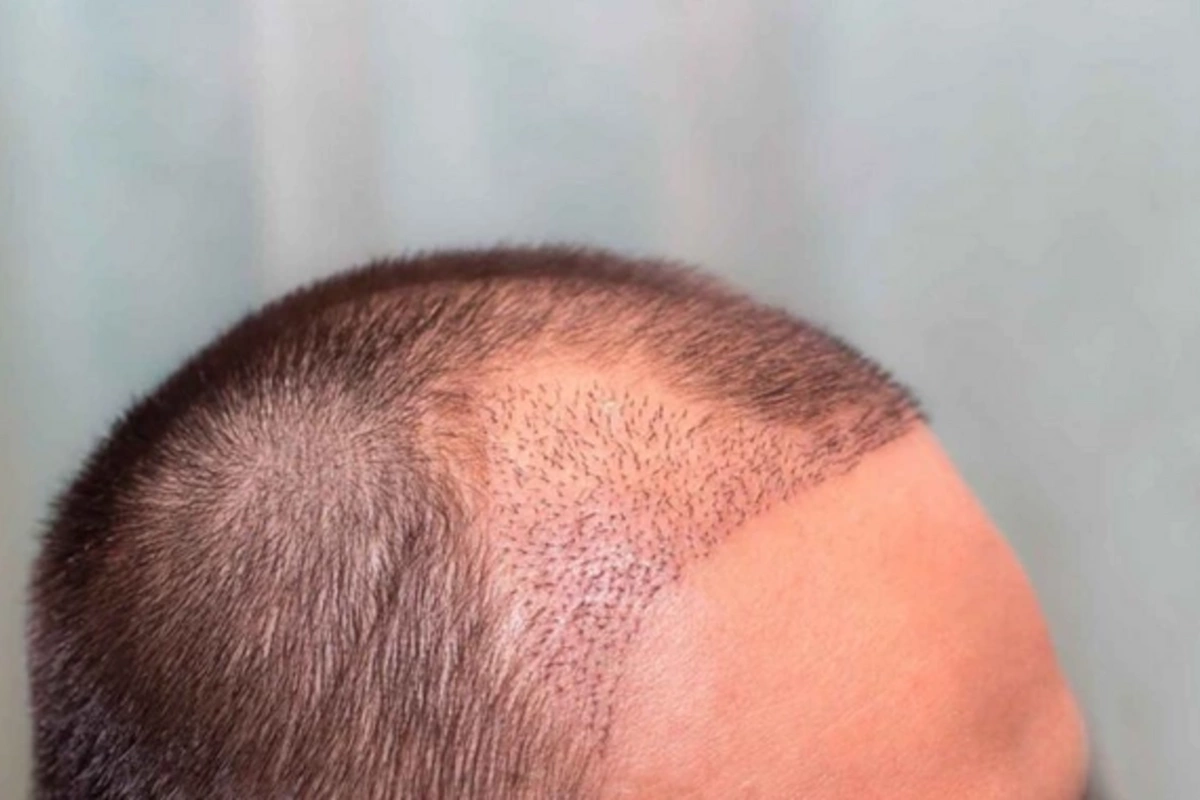25 Jul , 10:21
0

Hair Transplantation: Hidden Risks of the Popular Procedure You Need to Know
TUT.AZ reveals the other side of hair transplantation, which is gaining popularity in our country. Despite the fact that this aesthetic procedure helps many people regain self-confidence, it conceals a number of potential dangers that everyone considering this option should know about.
1. Risk of Infection
Non-sterile operating conditions or failure to follow post-operative hygiene rules can provoke the development of bacterial infection. The consequences can be serious: from the loss of transplanted hair to the formation of wounds and scars on the scalp.
2. Rejection of Hair Follicles
Not all transplanted follicles successfully take root in the new location. Rejection of some transplants leads to uneven hair growth and can significantly worsen the aesthetic result of the procedure.
3. Wounds and Scars
The FUT (strip) method causes particular concern, after which noticeable scars may remain on the back of the head. Even the modern FUE method, despite microscopic punctures, does not exclude the formation of small scars on the scalp.
4. Swelling and Bruising
The postoperative period is often accompanied by swelling and bruising in the forehead area, around the eyes, and on the head. In most patients, these phenomena pass after a few days, however, in some cases, they may persist significantly longer.
5. Thinning in the Donor Area
Harvesting hair follicles from the occipital area inevitably leads to a decrease in hair density in this area. The result can be a noticeable thinning of the hair in the donor zone.
6. Nerve Damage
Surgical intervention carries the risk of traumatizing nerve endings. Consequences can range from temporary loss of sensitivity in certain areas of the scalp to the development of chronic pain syndrome.
7. Psychological Disappointment
Discrepancy between results and expectations, asymmetry, or an unnatural hairline can cause serious psychological discomfort and even exacerbate self-esteem problems.
Specialists also warn that hair transplantation is absolutely contraindicated for people with blood clotting disorders, diabetes, skin diseases (including psoriasis and various types of rashes), as well as patients with ongoing active hair loss.